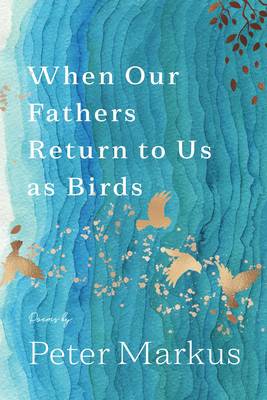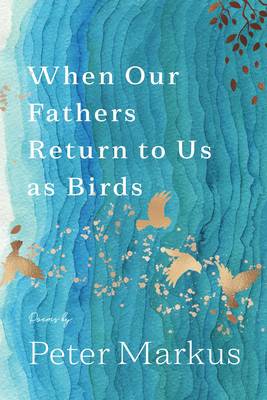
- Retrait gratuit dans votre magasin Club
- 7.000.000 titres dans notre catalogue
- Payer en toute sécurité
- Toujours un magasin près de chez vous
- Retrait gratuit dans votre magasin Club
- 7.000.0000 titres dans notre catalogue
- Payer en toute sécurité
- Toujours un magasin près de chez vous
24,45 €
+ 48 points
Description
In his debut book of poems, Peter Markus tunes his eye and ear toward a new world, a world where father is the new brother, a world where the father's slow dying and eventual death leads Markus, the son, to take a walk outside to "meet my shadow in the deepening shade."
Spécifications
Parties prenantes
- Auteur(s) :
- Editeur:
Contenu
- Nombre de pages :
- 110
- Collection :
Caractéristiques
- EAN:
- 9780814348505
- Date de parution :
- 01-09-21
- Format:
- Livre broché
- Dimensions :
- 152 mm x 229 mm
- Poids :
- 333 g

Les avis
Nous publions uniquement les avis qui respectent les conditions requises. Consultez nos conditions pour les avis.






